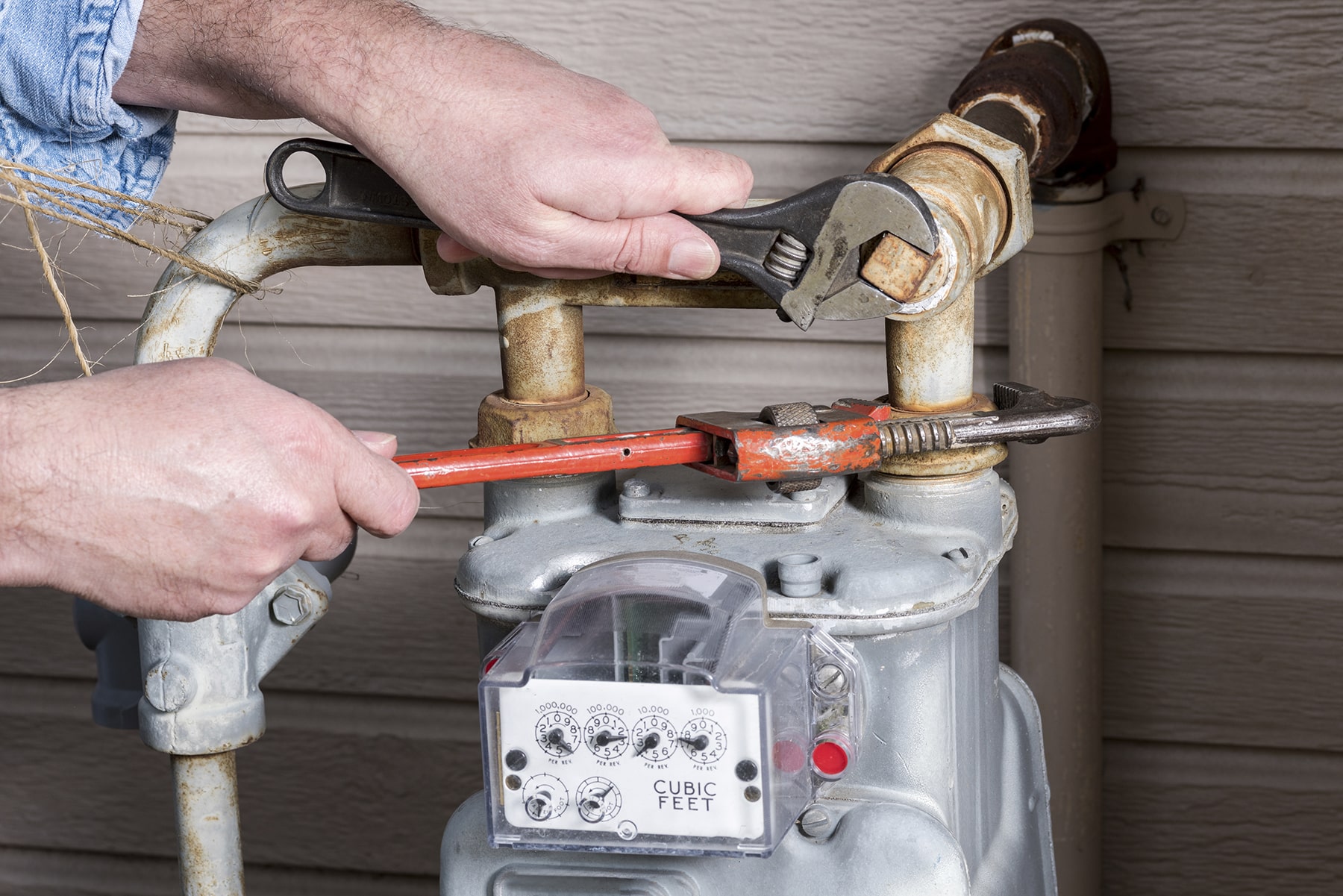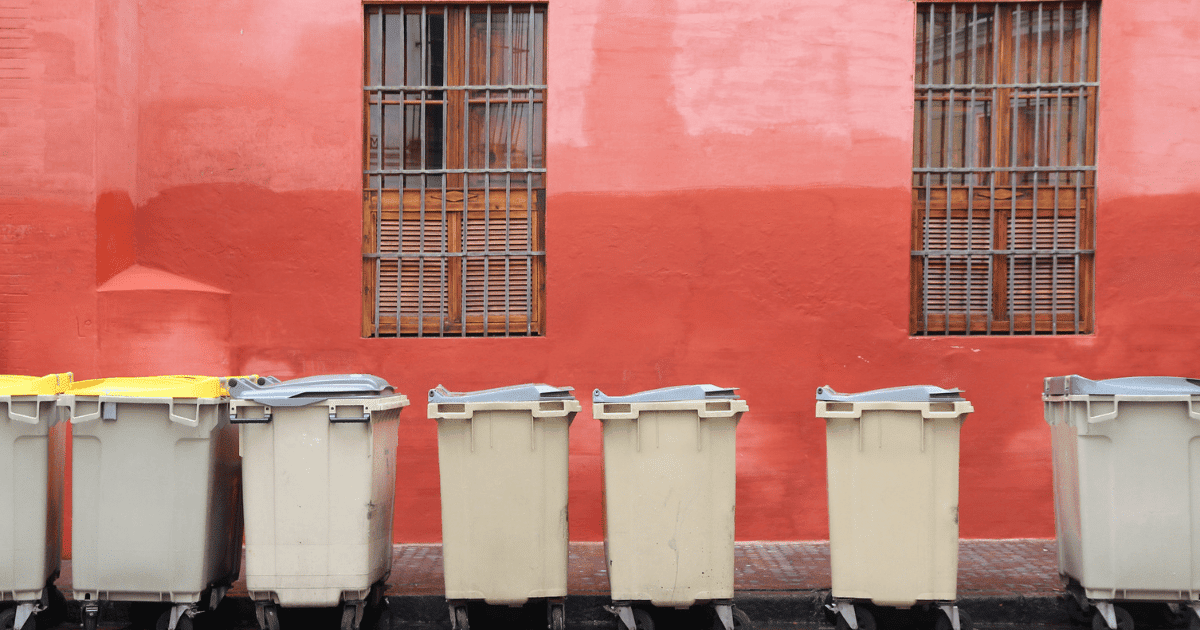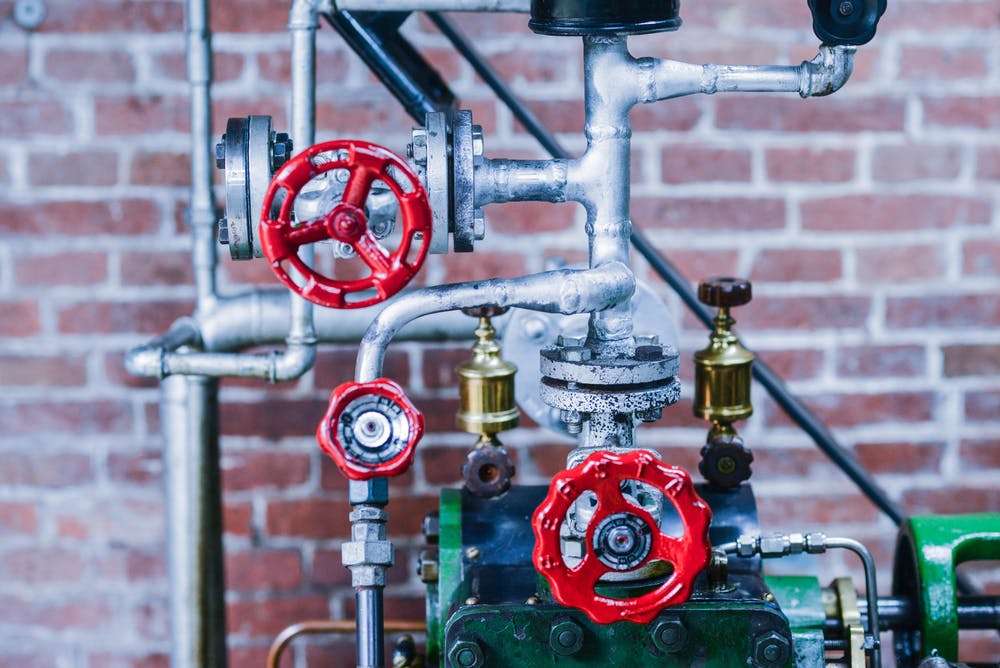Natural gas is used in millions of homes all over the country. Though it can be a little frightening because this type of gas is highly flammable, it is convenient and safe if you install and use it correctly. Unfortunately, there’s always a possibility that gas leaks will occur, so you have to be wary of the possible effects on you and your household.
How hazardous can a gas leak be? Here is a quick guide on understanding the dangers and effects of gas leaks in your home.
Is Natural Gas the Same as Carbon Monoxide?
Natural gas is a naturally occurring hydrocarbon that is used worldwide, and it is primarily made up of methane. It is a colorless, odorless, and tasteless gas, but to help people detect possible leaks, utility providers usually mix in a strong odor like sulfur.
In contrast, carbon monoxide is produced from improper combustion. Carbon monoxide can result from an explosion in water heaters, poorly-maintained ovens, stoves, and furnaces. The scary thing about carbon monoxide is that it’s odorless and colorless. And, if you inhale too much, you can suffer from asphyxiation; or worse, death.
What Happens to the Body When You Inhale Carbon Monoxide?
If you want to avoid unwanted and excessive exposure to carbon monoxide, you should get a carbon monoxide detector, have it checked, and schedule carbon monoxide testing at least once a year.
Should your body encounter carbon monoxide, here are things that you might experience:
- Headache or dizziness
- Drowsiness or fatigue
- Malaise
- Nosebleeds
- Ringing in the ears
- Difficulty breathing
- Chest pains
- Unusually pale skin
- Reduced appetite
- Nausea
Note that these are only the short-term effects of carbon monoxide poisoning. If there is a leak you haven’t detected at all, there are serious long-term neurological effects. For example, you may experience personality changes, mood swings, impaired judgment, insomnia, vision problems, memory problems, lack of concentration, and unexplained numbness.
How Do You Check for a Gas Leak?
If you want to avoid the adverse effects of a gas leak, you have to identify it as early as possible. Fortunately, there are some ways that can help you be sure.
First, check your gas line and try to find any kind of damage. If you spot an aberration, it’s most likely leaking. However, just because the damage isn’t visible doesn’t mean all is well. Some signs that can help you identify anything are blurry gas clouds, the smell of sulfur or rotten eggs, and a low hissing sound.
What Things Can You Do to Prevent Gas Leaks from Happening?
If you want to avoid the possible consequences of gas leaks, here are some things you can do:
- Keep small children away from open sources of natural gas.
- Get an annual safety check to keep your home safe.
- Install natural gas and carbon monoxide detectors in your home.
- Ensure your gas appliances are located in rooms that are well ventilated.
- Learn about how you can shut down your natural gas lines safely.
- Only use your gas appliances for their primary purpose.
- Don’t use your gas appliances if they aren’t working correctly.
Conclusion
Gas lines are vital parts of your home, but they will pose dangerous risks to you and your family if you fail to use them with safety in mind. So, if you require gas installation or repair, reach out to a trusted company right away.
If you need protection from or repair for a gas leak at Chatsworth, CA, work with us at Candu Plumbing & Rooter. We are highly trusted plumbers, and we have been doing gas line repair and replacement work for many residential and commercial customers. Message us today, and let’s discuss what we can do for you.





